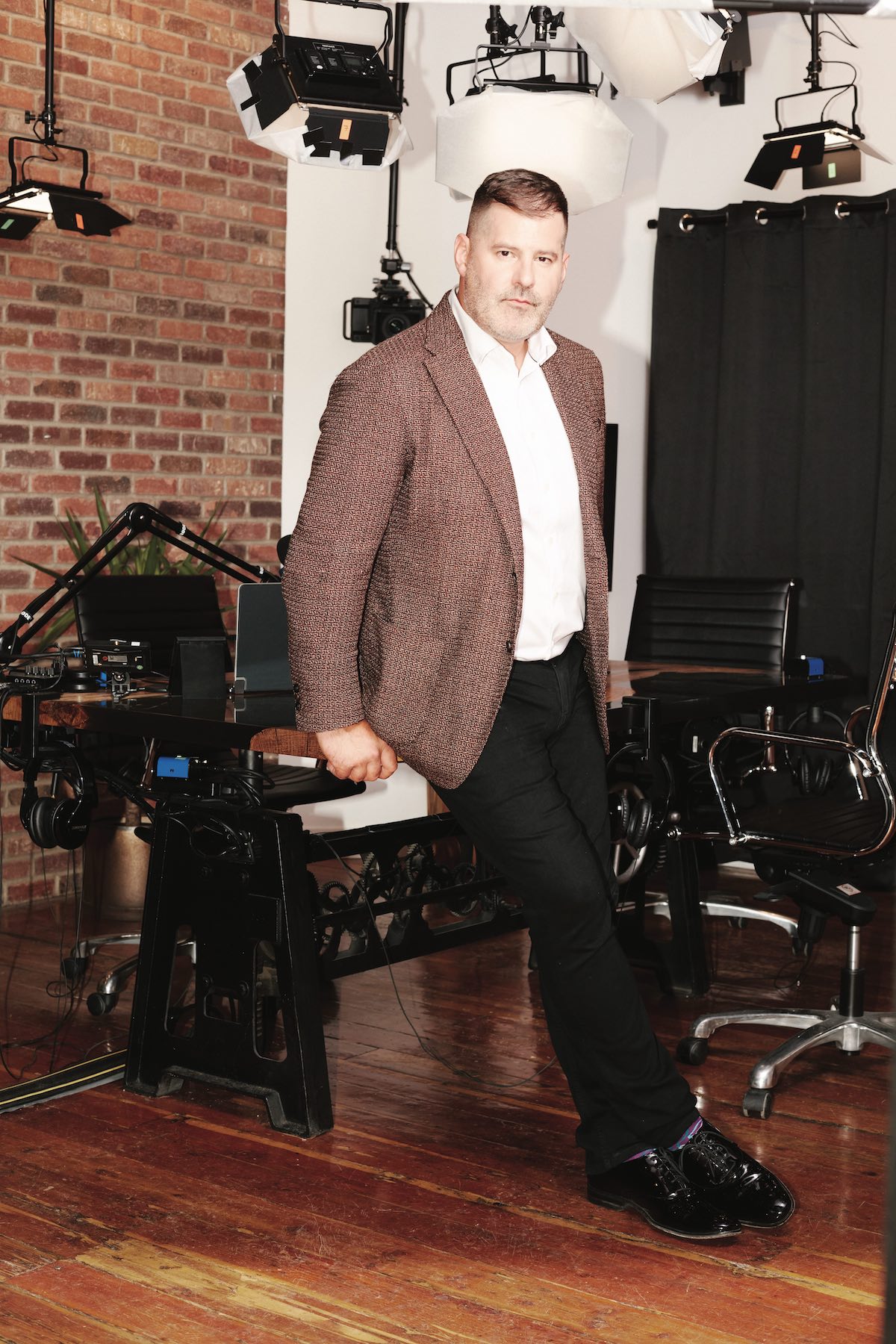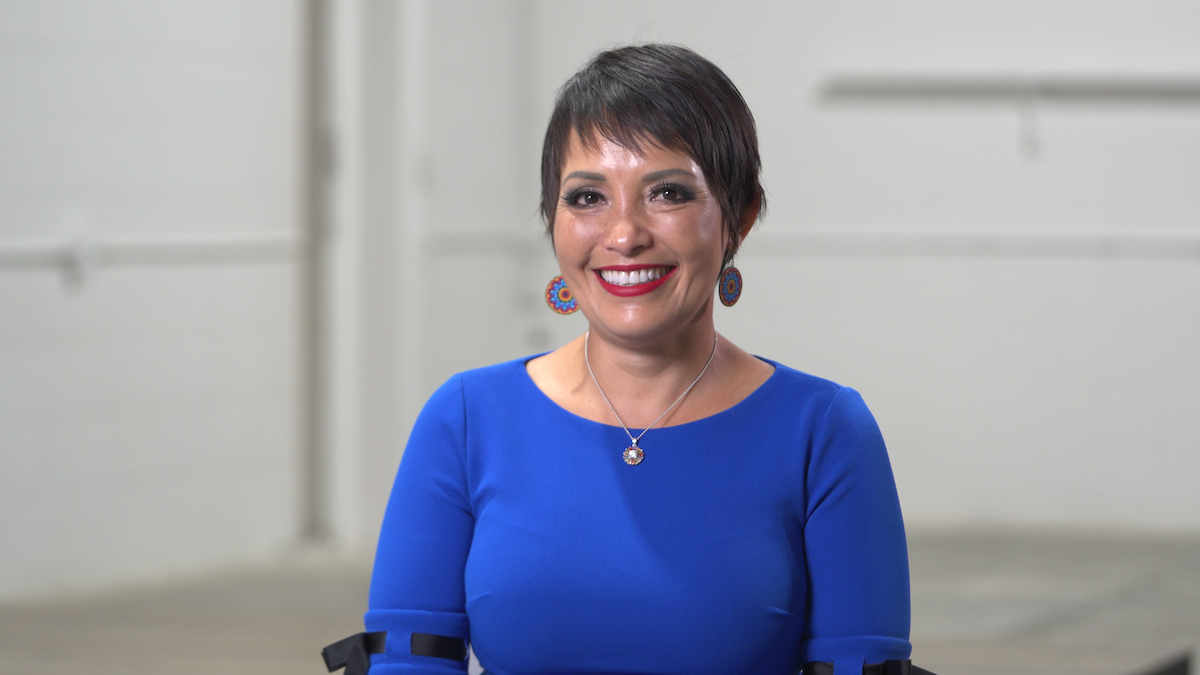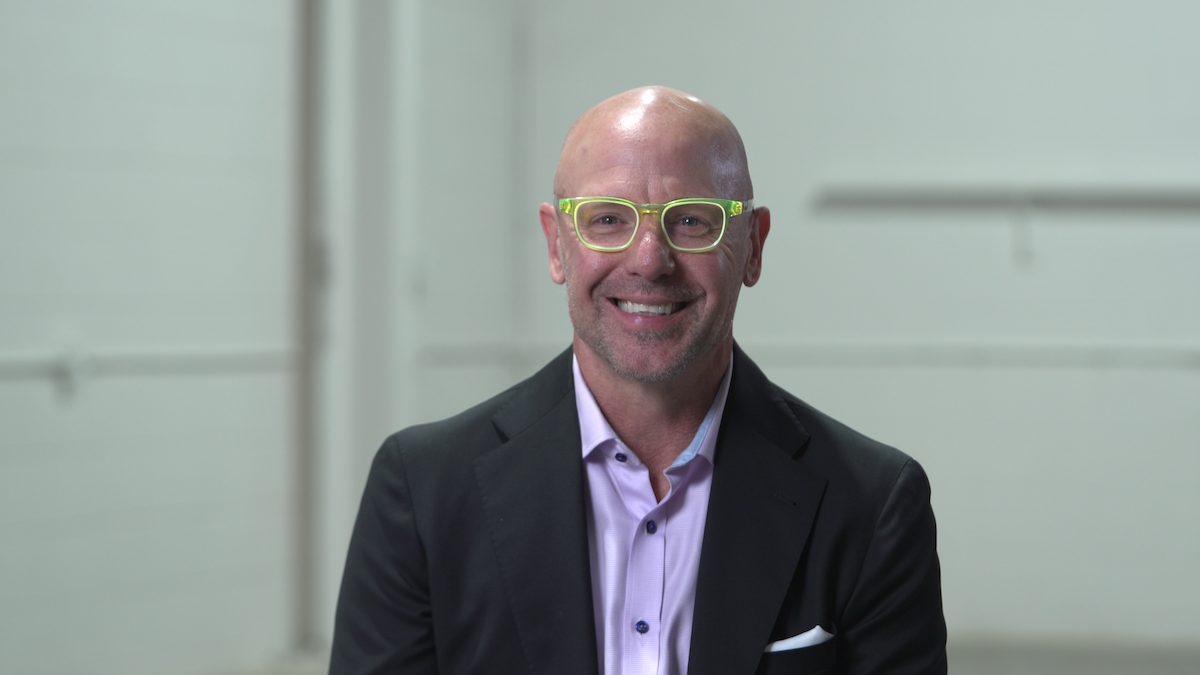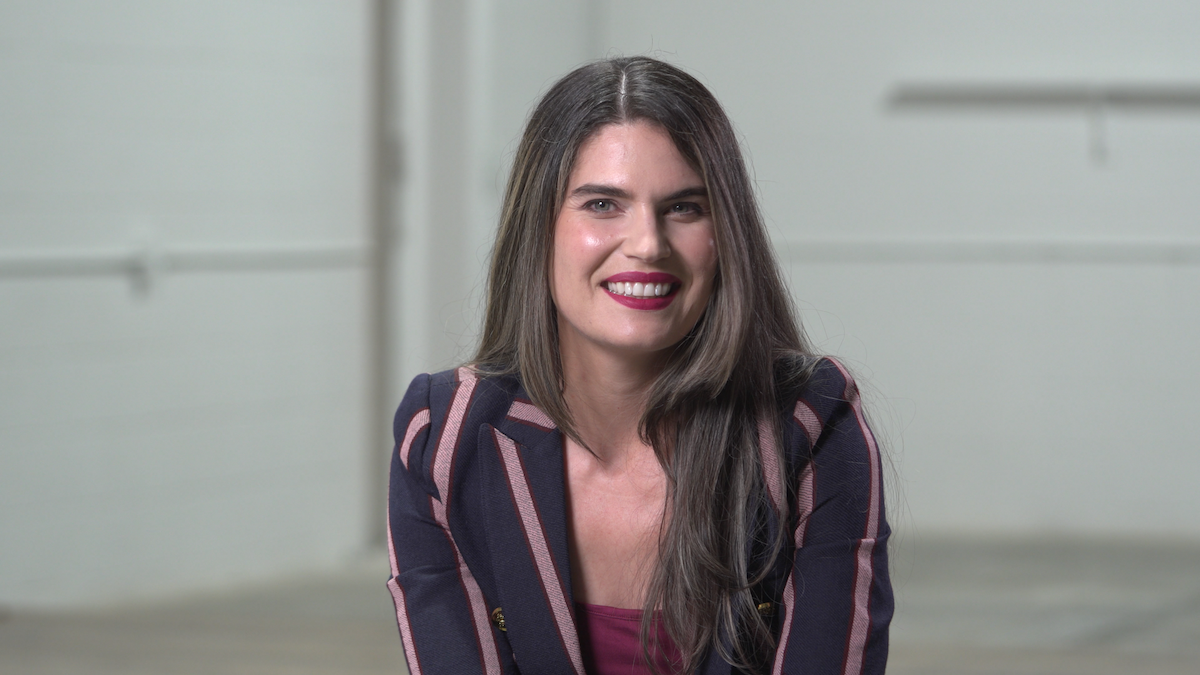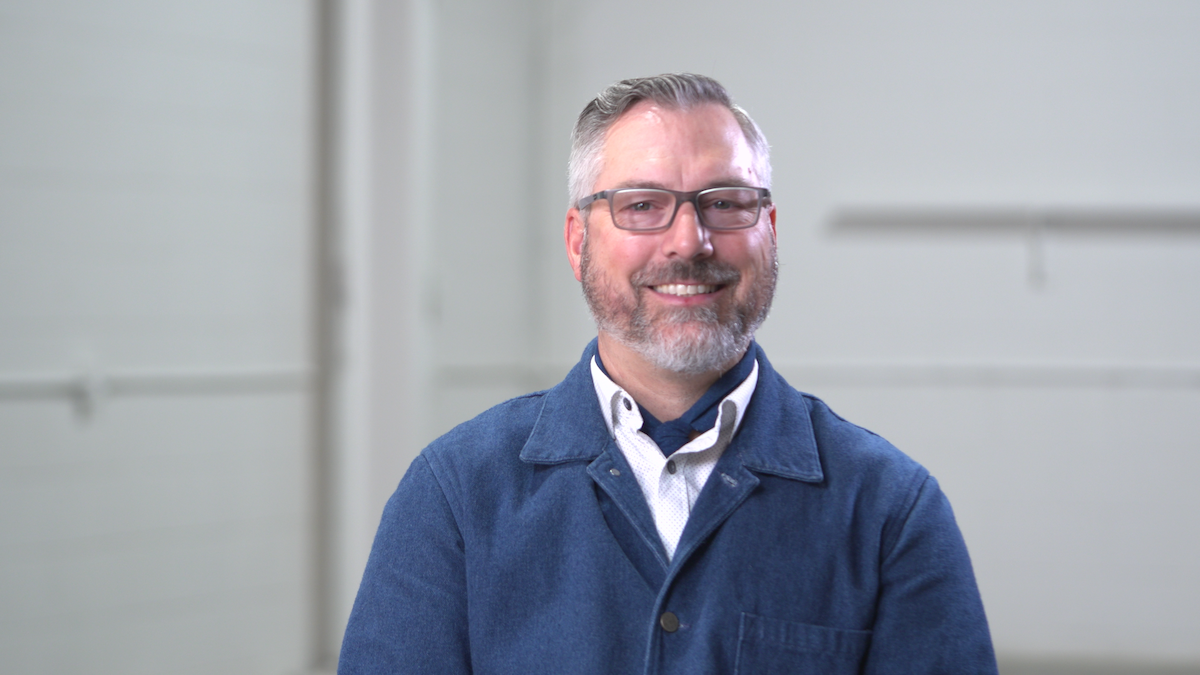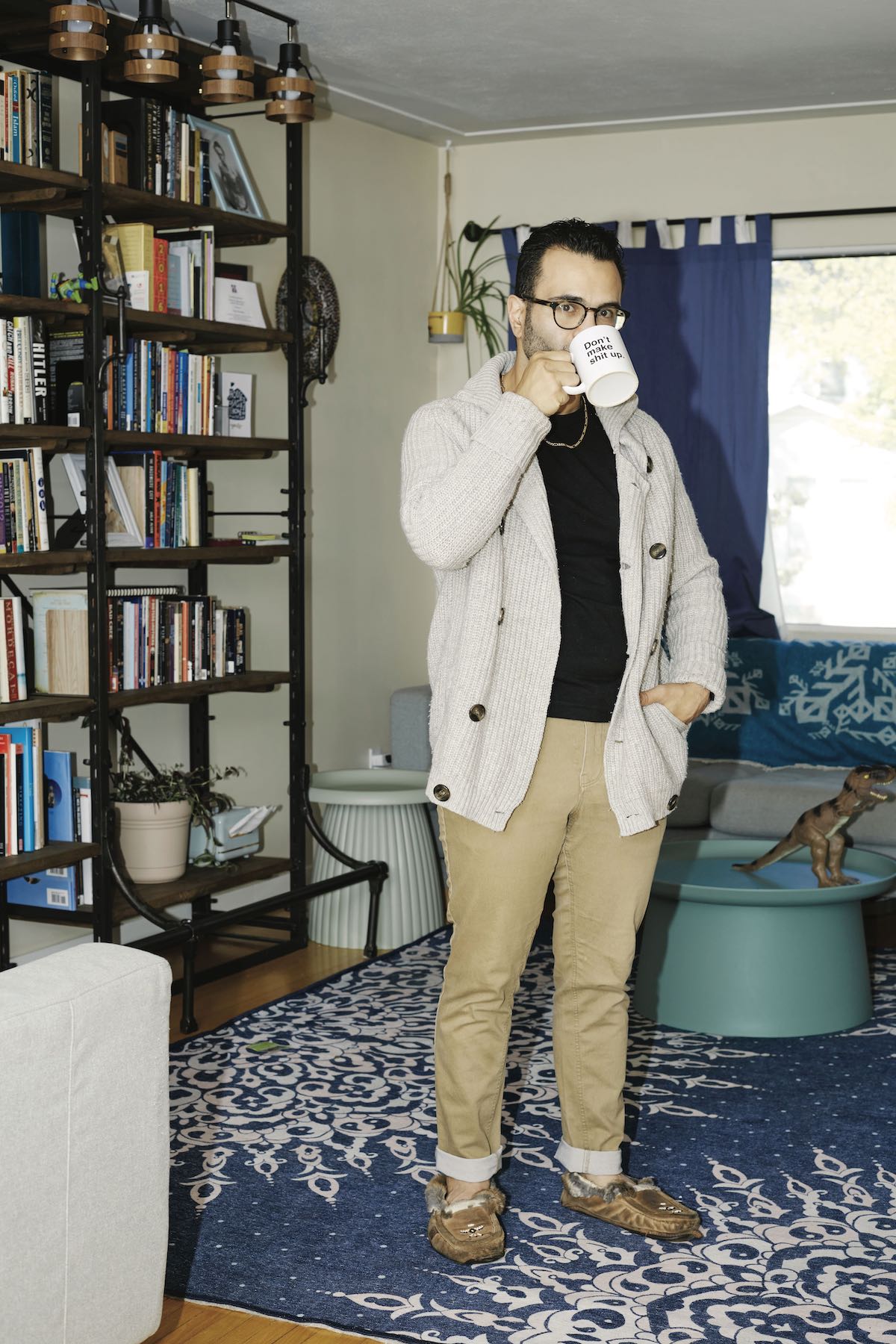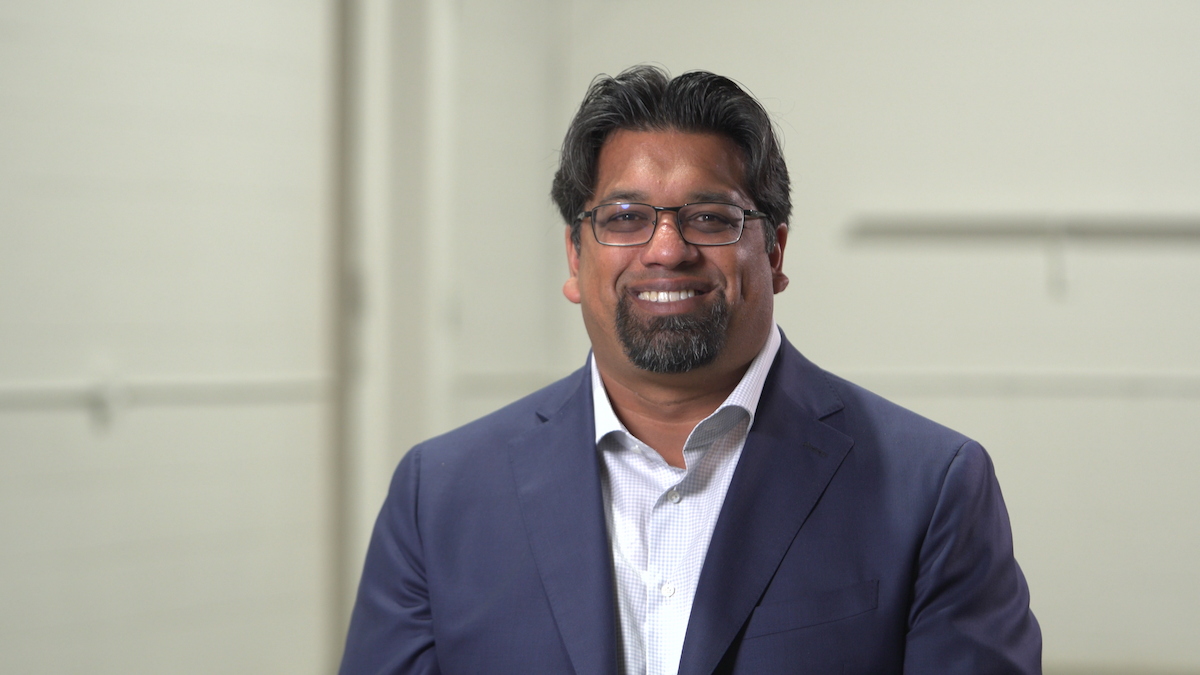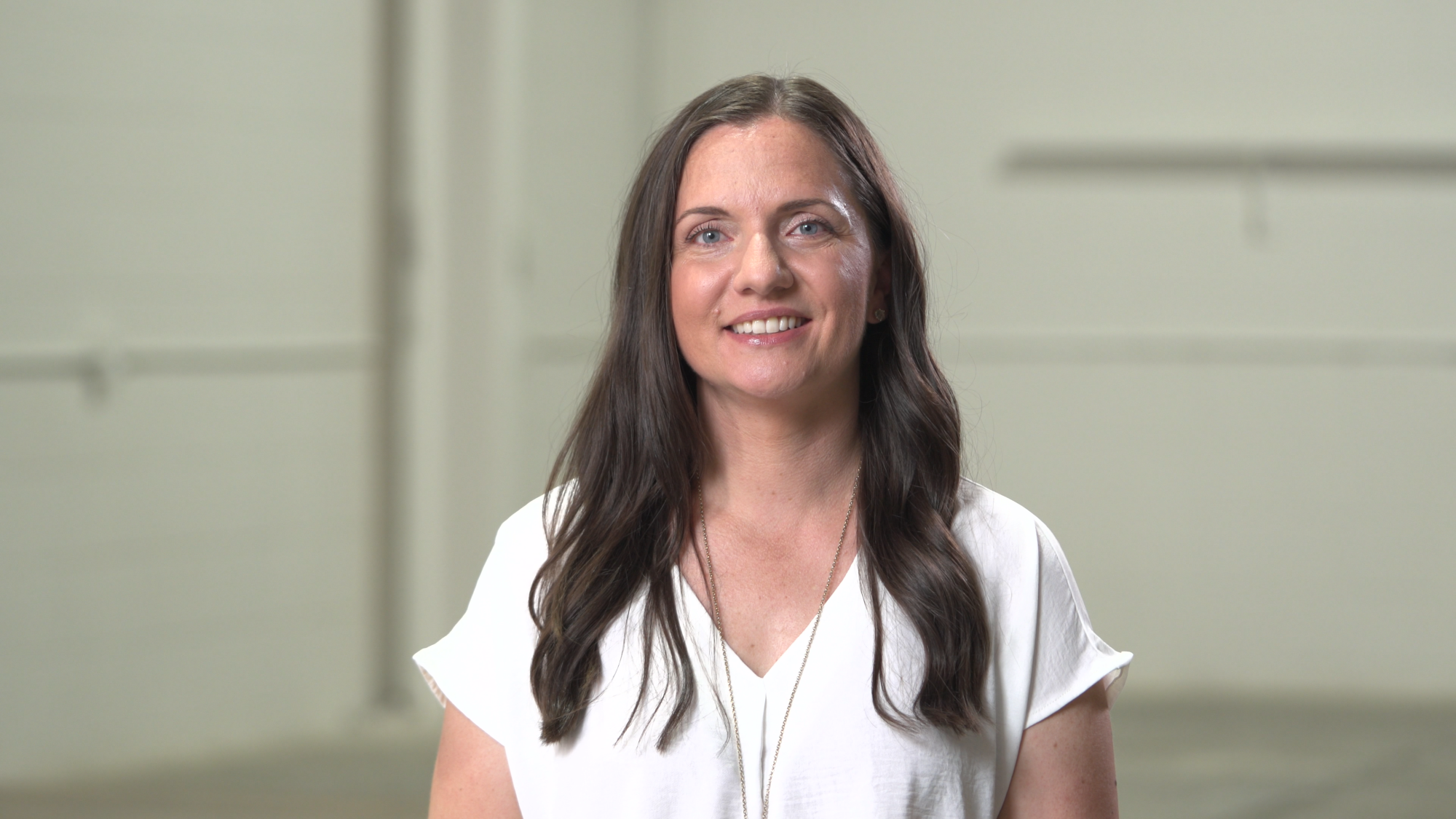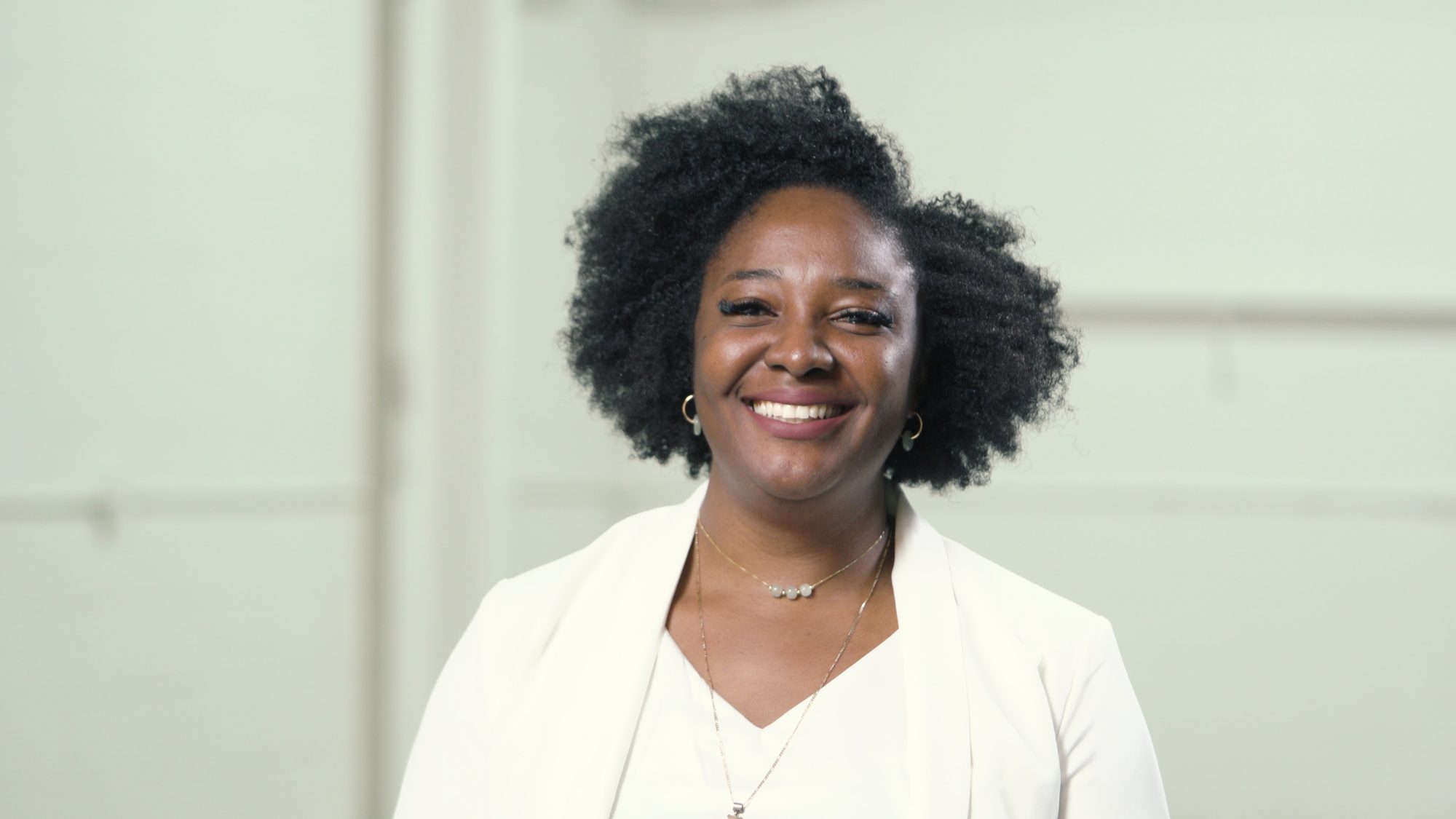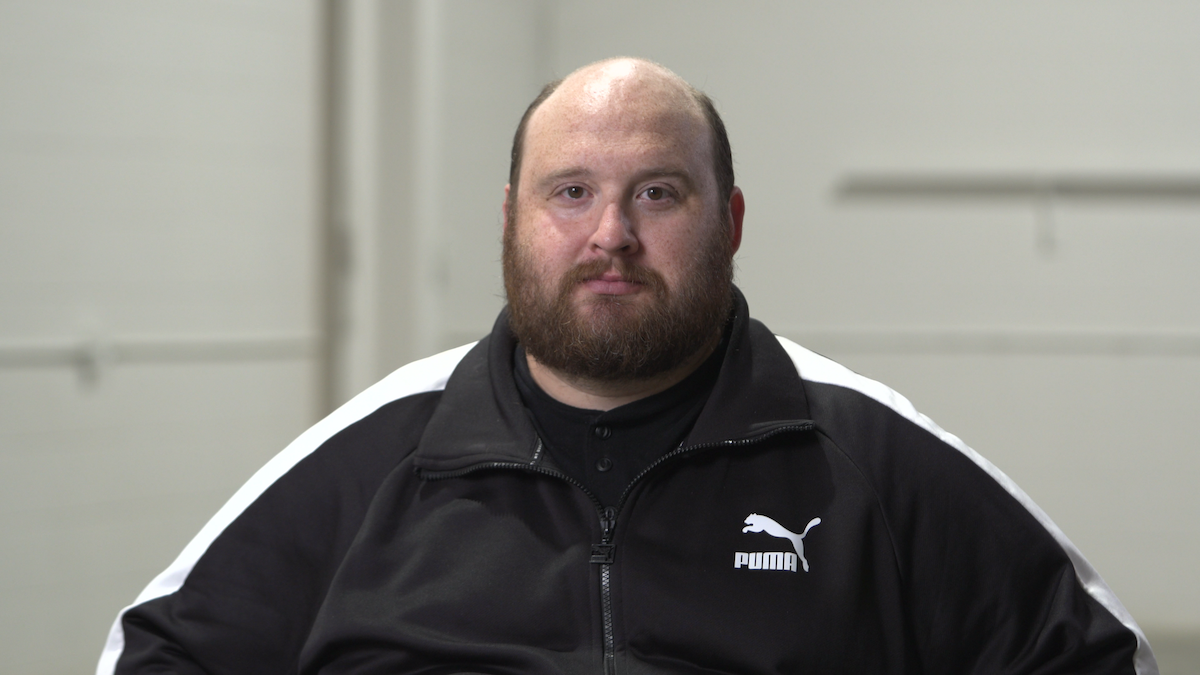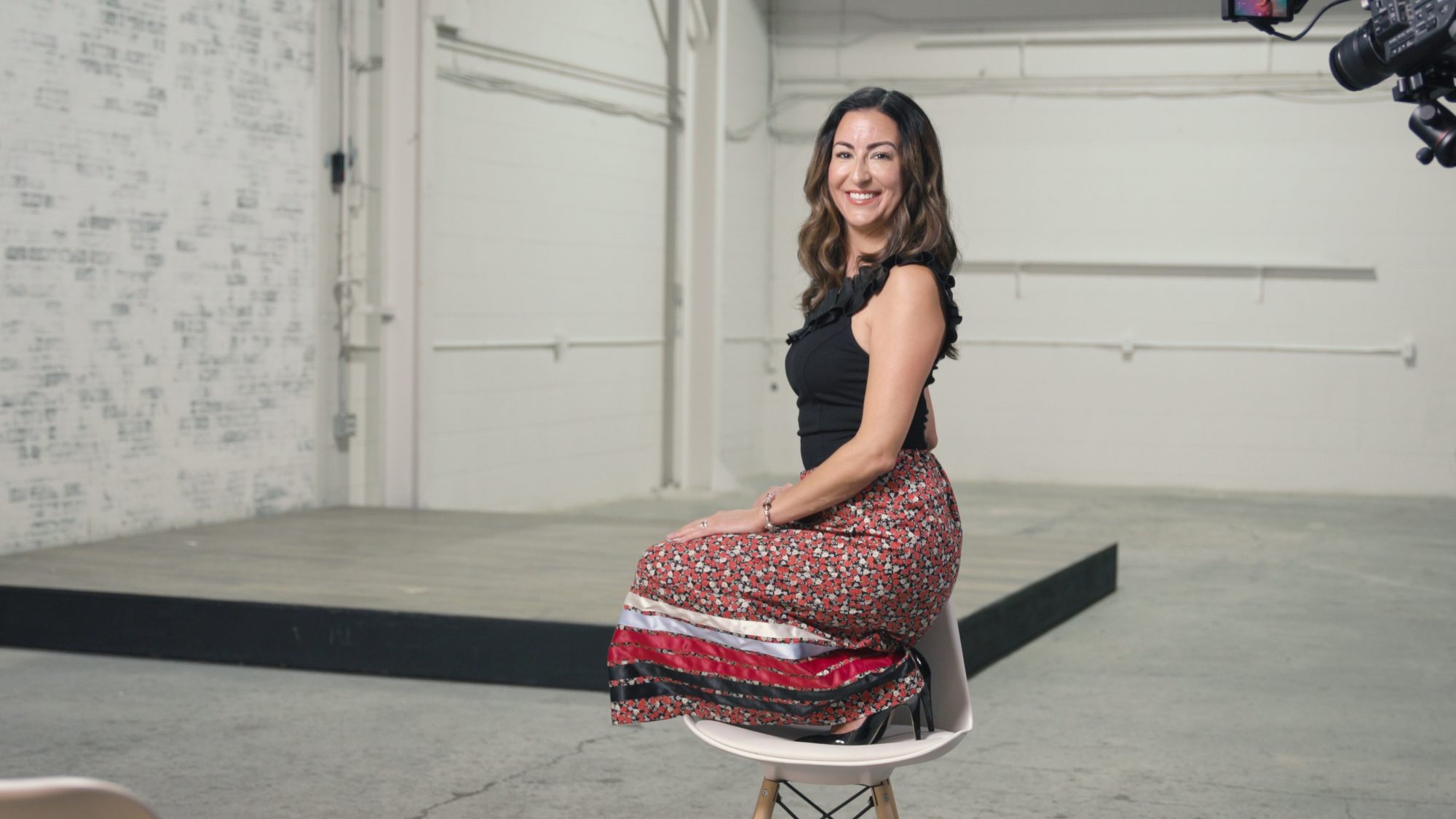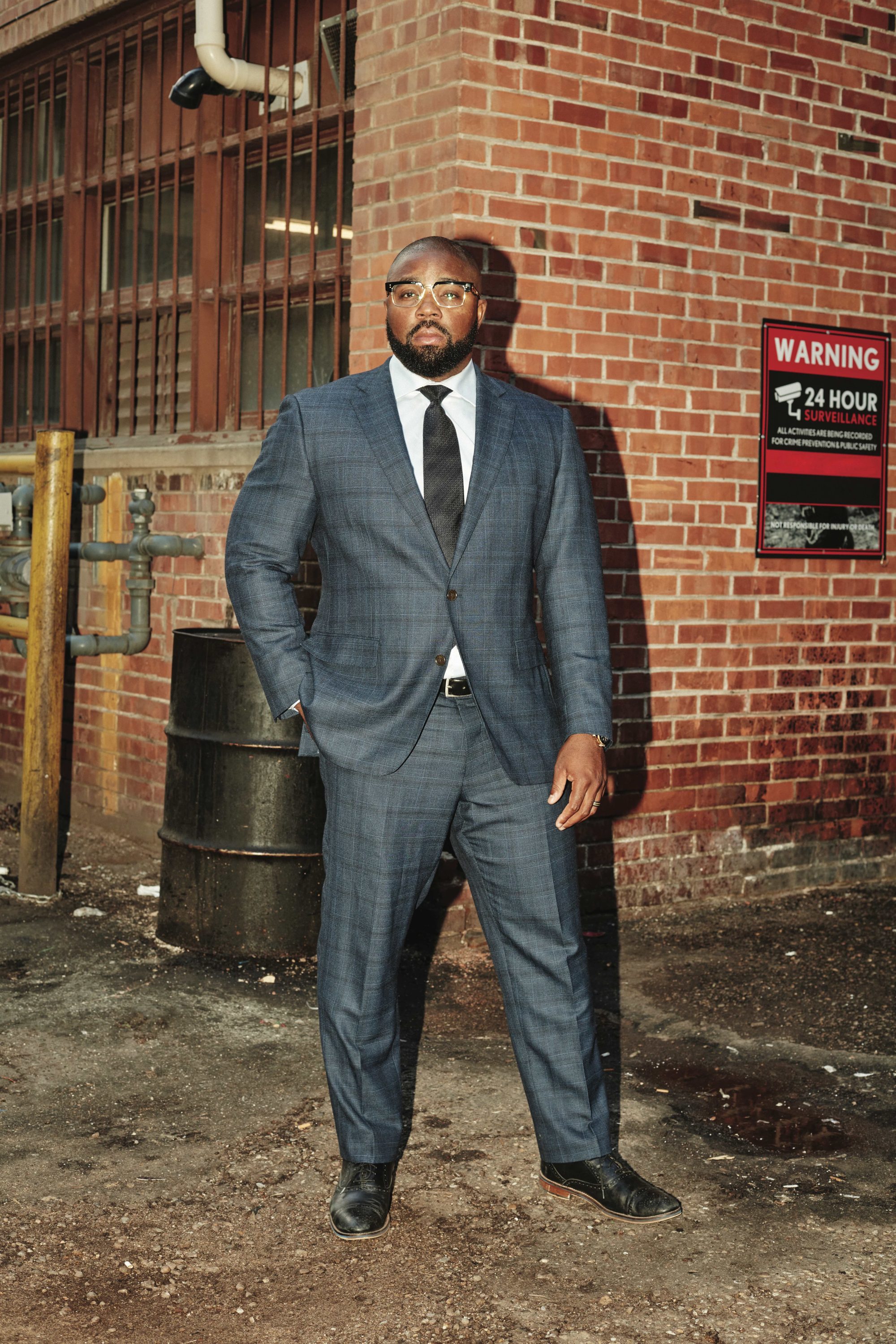A lot can change in 15 years. When this publication first started honouring Edmonton’s best young minds, it did so under a different name. But like the people in the pages of each Top 40 Under 40 issue, our focus has always been to build the city up and share its citizens’ stories — we all want to edify Edmonton.
Of course, each person’s story is unique, but, over the years, some things come up again and again — creativity and caring for others, determination and dedication to a cause, and knowing that for all their individual hard work and talent, no one does it alone.
Not all of our Top 40 alumni are in the exact same careers as when we first honoured them, but they’ve all continued their collective pursuit to promote and make Edmonton prosperous in the best ways they know how. A lot can change in 15 years, but we’re happy to see that some good things stay the same.
At Edify, we feel a lot of kinship with Ryan Jespersen. Like this esteemed member of our inaugural Top 40 Under 40 class, we’ve reinvented ourselves.
Edify, yet — it was known as Avenue Edmonton — and Jespersen was the host of CityTV’s Breakfast Television. He had yet to break into the world of talk radio, where he would become 630 CHED’s maverick of the morning. In fact, Jespersen would rattle so many cages, including those in the governing Conservative party, that he would eventually get canned.
Now, there’s a saying in media that you really haven’t made it in the business until you’ve been fired.
RealTalk. It’s not only a staple on the podcast and YouTube charts, but it’s earned him a national profile.
Avenue to Edify. It’s not lost on us that 2020 was a year of rebirths in Edmonton. And, like us at the magazine, Jespo has no regrets.
–Steven Sandor
Who else was was Top 40 in 2009? See the Top 40 Under 40 class of 2009.
When Catherine Vu was honoured in the Top 40 class of 2010, she had been running her company, Pro-Active IT Management, for seven years. Today, Vu is proud of the services the 20-year-old company has provided clients, but running a profitable company has always been a means to an end.
“I always say that my business supports me in the lifestyle that I want, which is: enough money to live, but enough time to give,” she says.
Vu’s given plenty over the years, through work with organizations like Alberta Easter Seals and the Canadian Cancer Society, among many others. And she recently finished her two-year chair with NorQuest College’s 1000 Women, which raises money for women in STEM.
On June 14, at 9 a.m., Jason Gregor got the call that TSN 1260 was going off the air. He found out at about the same time listeners were greeted with the announcement that Bell Media had pulled the plug on the radio station.
“It was like 40,000 listeners had been broken up with, and they didn’t know why,” said Gregor.
Just a Game show independently, acting as his own contractor, pounding the pavement to attract sponsors. So, after he had discussions with The Nation Network and Susan Reade from Stingray, which owns radio stations across the country, he hatched a plan for Sports 1440, which launched in September.
Gregor received an honorary technology degree from NAIT for his on-air accomplishments and years of community and philanthropic work. He’s helped raise millions of dollars with organizations including Santa’s Anonymous and the Alzheimer Society of Alberta. And the purpose of the Gregor Foundation, which he created in 2013, is to supply outfits for high school graduates who can’t afford them.
“When they called me, I thought they were going to be asking for a donation,” he says. “But it was humbling. It’s an absolute honour to put in the work, and it’s nice to be recognized for the work put into the community as a whole.”
NAIT also awards a Jason Gregor bursary annually to a deserving student. But he says his listeners and sponsors deserve a lot of the credit for seeing these charitable initiatives through. –Steven Sandor
Who else was was Top 40 in 2011? See the Top 40 Under 40 class of 2011.
When we first honoured Lisa Baroldi in 2012, we were impressed with her work raising funds and securing contracts for a variety of organizations, including one from Alberta Human Services to help reduce the disproportionate number of Indigenous children and youth in care. But “fundraiser” isn’t a job children dream of doing when they grow up, so we wondered: What was she like as a kid?
“When I was younger, I always had a penchant for helping the underdog… And I think that that runs through everything that I’ve done in my career.”
That penchant probably came in part from growing up in the small town of High Prairie. Baroldi hasn’t lived there for a while, but from the time she left for Ottawa’s Norman Paterson School of International Affairs to become a Canadian diplomat (which totally tracks), she’s kept it close to her heart.
“I believe that where we’re from shapes who we are, and I just always knew that I wanted to be a voice for where I’m from globally. So when I got to school in Ottawa, at the so-called ivory tower of where Canada’s foreign policy was assessed, down the street from where it was made, I always thought, how would people back home respond?”
Three years ago, Baroldi became the president and CEO of the Building Owners and Managers Association
(BOMA) of Edmonton. “I realized when I got here that that commercial real estate has a PR problem — there’s great people in the industry doing incredible things in the community, but they tend to put the buildings first, they don’t put the people first.”
Baroldi connected with past colleagues in the Indigenous community to create the first Indigenous inclusion project for commercial real estate. “I keep thinking we better prepare this industry because urban reserves are a reality. Indigenous communities and companies are becoming more involved in commercial real estate. They’re developing and owning and starting to employ more people. So there’s a groundswell of Indigenous economic sovereignty and increased activity in business, and we see this as opportunities for partnerships.” –Cory Schachtel
Who else was was Top 40 in 2012? See the Top 40 Under 40 class of 2012.
When chef Blair Lebsack was a Top 40 Under 40 a decade ago, RGE RD had just recently opened its doors, and the farm-to-table restaurant was wowing diners and the critics.
A decade later, he and partner Caitlin Fulton (also a Top 40 Under 40 alumna) have not only grown RGE RD into a nationally renowned restaurant, they’ve added The Butchery, a whole-animal butcher shop that emphasizes produce from local farmers and suppliers, next door.
So what would Blair Lebsack of today have warned Blair Lebsack of 2013 about?
“The advice I’d give to myself is that construction is really, really hard. We’ve expanded twice since that first Top 40, and construction can take a lot out of you. It’s so much more time and so much more money than you think it is.”
And the expansion occurred as the world was going through the throes of the COVID pandemic. The restaurant served take-out meals. Money was borrowed to see the businesses through. And while things have recovered, and those loans are being paid off, Lebsack admits getting back to normal wasn’t easy.
“With people not going out for so long, their expectations were so high when they were finally coming out. And, we hadn’t really done it for a long time, so it was really hard to get back into it.”
In fact, he didn’t feel RGE RD and The Butchery were both really humming along until November of 2022. There are butcher’s table events planned. The outdoor farm-to-table dinners for which RGE RD is famous came back. And, now, as the business grows, it’s time for Lebsack and Fulton to ponder something very few restaurateurs get to think about — work/life balance.
“This year, Caitlin and I are trying really hard to make that time and separate things a bit more. Our daughter is now six and a half and she realizes how much we talk about work. She’s an incredibly brilliant child so, if we have a weekend off and we pick up the phone, she says ‘This isn’t a weekend off if you guys are going to work.’ Now, I literally do not touch my phone for a Saturday or Sunday when I am off.” –Steven Sandor
Who else was was Top 40 in 2013? See the Top 40 Under 40 class of 2013.
One of Omar Mouallem’s favourite perks of being a journalist is “all the amazing things you can leverage your job” into, like the time he went on an African safari, or to the Canadian Space Agency. But when we talk, he’s most excited about his upcoming documentary (Making Kayfabe) that’s allowed him to fulfill a childhood dream: playing a heel in local pro wrestling.
“My whole persona is Fake News Neville. I play a smarmy, elitist journalist,” he says gleefully as we watch footage of him being thrown around (and doing his share of throwing) a squared circle in south Edmonton.
Making documentaries is a full-circle moment for Mouallem. At 17, he went to film school in Vancouver, thinking he’d make scripted films. He got into writing film reviews, which eventually led him into an award-winning non-fiction writing career. (He also worked at this very magazine.) His first feature, The Lebanese Burger Mafia, on Alberta’s Burger Baron franchises, is non-fiction on film.
But looking back, his proudest accomplishment by far is the success of his Pandemic University – Pop-up School of Writing that teaches affordable creative writing and workshops online. It was supposed to be a “seven, eight-week experiment” to help writers earn income during the pandemic’s early days, but in three years it’s already reached over 4,000 students from over 60 countries (2021 Honorary Top 40 Julie Rohr gave the school’s first valedictorian speech). “It’s just this small, little upstart, but I get emails from writers who have published their first works, or have told me that this inspired them to start writing again, or to believe in themselves as writers for the first time.” –Cory Schachtel
Who else was was Top 40 in 2014? See the Top 40 Under 40 class of 2014.
As the president of the Rohit Group of Companies, Rohit Gupta is at the head of one of the biggest homebuilders in the province.
And while we read about skyrocketing housing prices in other parts of Canada, Edmonton remains affordable — and that’s good for developers. If houses are more affordable, that means more people can qualify for mortgages, and there are more potential customers out there.
“I think the outlook for Alberta is very positive for the next 10 years,” he says. “Our core industries — energy and agriculture — are doing fairly well, and our tech sector is starting to move up.”
That means more people moving to the province, and more demand for housing.
He said that Edmonton has been a better city than most in Canada when it comes to being “pro-development.”
“Edmonton has done well to support elasticity; that’s a mix of of suburban and urban housing.”
While he’s bullish over this city’s future, he does have one major personal regret.
“If I could go back in time, I’d tell myself to put about five to 10 per cent of my time into my body, and to do a better job of looking after my physical and mental health.” –Steven Sandor
Who else was was Top 40 in 2015? See the Top 40 Under 40 class of 2015.
Having grown up in subsidized housing, Kairi Pawlina (Pawlick) understands how important community development can be (most recently through her work developing the Village at Griesbach with Canada Lands Company).
“You look back and say, ‘Oh, my parents needed that as a stepping stone in their path forward,’’’ she says. “There’s an added passion for me to make sure when I build communities and neighbourhoods, that everyone has access to it.”
Pawlina, a professional engineer, has taken that ethos with her as she approaches the Village at Griesbach, striving to develop a community that’s inclusive.
“It’s really about continuing to move along that housing continuum in the community that you live in, so that as your circumstances change, you’re able to stay in the community you want to live in,” she says.
Pawlina elevates her industry, too. In 2016, she was frequently among the only women in the room. Seven years later, she says that’s changed drastically.
“My office in Edmonton has six staff and five out of six are women. In our western region, it’s all women in leadership roles right now,” Pawlick says, calling it a positive for young women entering the industry.
“I’ve seen a shift in our company and in the land development industry. It’s helping younger women … to feel more included and welcome.” –Jesse Cole
Who else was was Top 40 in 2016? See the Top 40 Under 40 class of 2016.
Moréniké Ọláòṣebìkan sees the creation of the Ribbon Rouge Foundation as a pivotal moment in her life.
The original event was held in response to a now-revoked Immigration, Refugees and Citizenship Canada rule that international students like Oláòsebìkan couldn’t work on campus — so she held an on-campus party instead, one that raised over $2,000 for HIV treatment in African countries.
“I didn’t know that what I was building at the time is something called a social enterprise. But it ended up being this really rich learning experience about this other way to do business, to generate revenue for good. And what I’ve built now is a social enterprise.”
Oláòsebìkan also tackles drug shortages in Canada with her new company, Kemet Group Inc. And what Oláòsebìkan has built now is a small footprint facility with digital infrastructure to allow communities to make their own drugs closer to home. “We contributed to resolving some of the Tylenol shortage for children — I estimate we made 4,200 bottles of acetaminophen, ibuprofen, dimenhydrinate and amoxicillin to children in Alberta so far, from my lab and on my software.”
That got the attention from prestigious technology accelerator Y Combinator, and increased financing from the Social Enterprise Fund. The goal now is to scale Kemet and go back to African countries to build facilities there as well.
“In drug design, we need to actually empathize with people who are taking medications to understand what they specifically need for their own unique bodies. Up to half the people over 60 can have trouble swallowing, but most of their medication is tablets and capsules — why do we do that to them? I think if you have artistic tendencies, you feel the struggle that they or someone else may have.” –Cory Schachtel
Who else was was Top 40 in 2017? See the Top 40 Under 40 class of 2017.
In the same year that Jason Lee Norman was named a Top 40 Under 40, he and Jeremy Bibaud hatched a plan for a new literary review.
Norman was selected as a Top 40 for his work as a writer and as someone who put together projects to help other local authors and poets get noticed, so the fact that he was one of the drivers behind Funicular, which launched in 2019, shouldn’t be all that surprising.
The review just put out its 12th issue.
“It’s about forgiving yourself, to allow yourself to be part of a labour of love that’s not going to make you any money,” Norman says. To him, it’s about being able to put that effort into something that’s simply worth the effort. And every issue creates a new “little family” of writers whose works are collected within.
Norman also coordinates events for the Writers’ Guild of Alberta and spear-headed a plan with Blindman Brewing to have writers and poets’ work appear on beer cans. Finding art in unexpected places is something we can all cherish — and he said the Lacombe-based brewers are still 100 per cent behind the plan.
“It’s support on top of support.” –Steven Sandor
Who else was was Top 40 in 2018? See the Top 40 Under 40 class of 2018.
Since receiving her Top 40 accolade, Benveet Gill (Class of ’19) has experienced both big challenges and success. When the pandemic struck, Gill and her business partner were forced to change the business model of ReYu Paralysis Recovery Centre and take their neuro-recovery sessions online. They also created an online course for other rehab professionals to implement neuro recovery for their clients. “It was a really, really hard thing to do,” Gill explains, “but it was beautiful for us to see these people thrive when they thought that they couldn’t.” As they’ve continued to offer both the online sessions and the course, they can now work with folks with neurological conditions across the country.
The first season of her reality TV show, Push — which follows a group of wheel-chair users in Edmonton — premiered on CBC this year. Gill is proud to be a part of the first major-network prime-time series in Canada to feature a leading cast with disabilities and of the message she can send to young wheelchair users. “Parents have said, ‘Thank you for doing this because now I can see what kind of future my kid can have and they can see what kind of person they can be.’” Thanks to her rising celebrity, Gill’s most proud to have done something she describes as “bonkers:” presenting Album of the Year at this year’s Juno Awards.
Gill keeps in touch with some of her classmates, including Dr. Neeja Bakshi and Dr. Rehana Chatur, who’ve both supported her business by referring patients to ReYu. Gill hopes to continue to inspire confidence in people. “Getting people to believe in themselves and to take ownership of their recovery journey,” she says, “that’s what I really enjoy because my life didn’t change until I did that.” –Matthew Stepanic
Who else was was Top 40 in 2019? See the Top 40 Under 40 class of 2019.
Unlike most other Top 40 recipients, Maureen Moneta (Class of ’20) made a career change shortly after receiving the honour. This decision may not come as a surprise to anyone who knows her: Moneta’s not one to follow a conventional path.
She admits she was proud of the work she was doing for the University Hospital Foundation, but didn’t have the energy to dedicate to her family and herself. “It feels like a loss,” Moneta explains, “but I think it was a reinvention of how I can still make meaningful contributions [to my career] and be the mom I want to be.”
Now she’s working as a freelance consultant and a corporate director for five different organizations. Her plate may seem fuller than before, but Moneta explains she feels in control again and isn’t running from meeting to meeting like before. She’s most proud of her new role as vice-chair of the CPA Alberta board, where she supports the Indigenous Learnings Initiative, a program designed to remove barriers for Indigenous peoples pursuing their CPA designations.
Moneta hopes the program will inspire more Indigenous youth to seek leading positions in finance. “I’m hoping to model a different way forward for young professional women that you don’t have to sacrifice the level that you work at in order to fulfill the other roles in your life in a way that’s meaningful for you.” –Matthew Stepanic
Who else was was Top 40 in 2020? See the Top 40 Under 40 class of 2020.
“We simply cannot have this”
When Enyinnah Okere was named to the Top 40 Under 40 two years ago, his biggest joy came from learning that his wife, Michelle, But, as the Edmonton Police Service’s chief operations officer of the office of the chief, he felt that in a time where the “defund the police” slogan was everywhere, he likely woudn’t be selected. He was happy to have been wrong about that.
What he’s noticed over the past two years is how the narrative around police is changing.
“In terms of the last couple of years, we’re getting to a place where it’s OK to say that you appreciate the work that our organization does and our front-line officers and what they have to do in the City of Edmonton,” says Okere. “But we’ve had some low points, too — like the murder of two members earlier this year. It’s been a roller coaster.”
Crime, encampments, mental health and addictions have all been hot-button topics in the city, and Okere believes that more and more of us are comfortable with the police taking part in those conversations. “We need to have a larger discussion about what we tolerate as a society. What do we want in terms of acceptability? What happens when you become numb to seeing someone smoking crack, or seeing someone expose themselves, or even defecation or someone carrying a knife? There are so many folks who want this city to be something great, they want it to be vibrant. And I think it’s going to take a collective effort to say, ‘we simply cannot have this.’”
He says that, yes, many people in camps, those suffering addictions, are victims. They need help. They need social services. But families who have put their money into businesses, people who are nervous to walk the streets, they are victims as well.
And he says there has to be an understanding of how much this has strained EPS.
“We also can’t be everywhere, right now. We are stretched very thin right now.” –Steven Sandor
Who else was was Top 40 in 2021? See the Top 40 Under 40 class of 2021.
The Class of ’22 alumna is still saving lives as an emergency doctor at The Royal Alexandra and Stollery Children’s hospitals and she’s still winning hearts and minds in the battle against medical misinformation.
“My hill to die on is to make sure our health care remains free and accessible to every Albertan,” the 39-year-old says. “My platform has grown, but my bottom line is still the same: to be an easy and accessible way for people to get information about health and improve overall health literacy.”
Mithani — who garnered her 2022 Top 40 spot in large part due to her tireless work in correcting the record regarding online misinformation — says she’s pivoted away from certain social media platforms where lax regulation has amplified the problem.
“I’ve pivoted away from X (formerly Twitter) because the toxicity there has increased dramatically in the health-care space in particular,” she says. “There’s often a lot of negative comments and harassment my colleagues and I get in that space. I put a lot more of myself into Instagram and TikTok.”
It shows. Her follower count on Instagram is up to nearly 13,000 and her videos on TikTok have amassed mil-lions of views and hundreds of thousands of likes.
But Mithani is skeptical of heaping a lot of value onto social-media popularity. She says she wants to be a trusted source in a media ecosystem where follower count has become the de facto measure of credibility.
“These mega-influencers … that are often the source of misinformation seem to be trusted by the public simply because their following is large,” she says. “My goal is to cut through that noise and be a reliable voice in that space.” –Jesse Cole
Who else was was Top 40 in 2022? See the Top 40 Under 40 class of 2022.
With this being our 15th year — there are now 600 people who can claim to be members of our Top 40 Under 40. Wait, make that 601. In 2011, we decided not to break a tie in the judging, and we gave out 41 plaques that year.
Don Iveson was in our very first class — he was a city councillor at the time. He would go on to be a two-term mayor.
The number of Top 40 alumni who have been judges on our panels over the years. While most say “never again” after going through the very thick binder of applications just once, kudos to Class of 2009 member Simon O’Byrne for having been a judge… twice.
This year, Janis Irwin sets a new standard, of sorts. The NDP MLA is the first person to have been a Top 40 judge before becoming a member of the Top 40.
No sibling rivalry here: In 2018, the brother-sister duo of Jacquelyn and Hunter Cardinal made the cut.
Two members of our Top 40 were elected to city council after they were in our classes. Michael Walters was a Top 40 way back in 2009, Michael Janz was in the class of 2012 and Keren Tang made the cut in 2017.
The number of times 2009 alumnus Trevor Anderson’s films have screened at the famous Sundance Film Festival.
This article appears in the Nov/Dec 2023 issue of Edify

